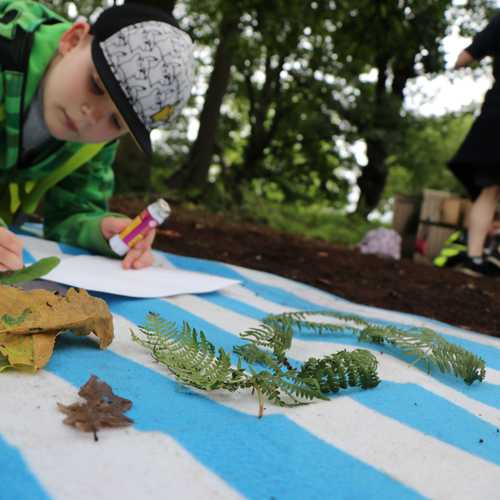Paths to discovery
EAZA Members receive 148 million visits every year. Through their outreach and education activities, they enable citizens to connect with nature, engage with conservation and feel empowered to secure a healthier future for our planet.
Conservation education
Zoos and aquariums provide a unique opportunity for the public to learn about animals and the natural world. EAZA Members are committed to developing education programmes and outreach as impactful as possible for visitors and their local communities. Our education is more than sharing knowledge: it’s about engaging people in conservation efforts and demonstrating how their choices and actions can contribute to a healthier planet.
Close-up encounters with animals are powerful and inspiring experiences. Our professional educators strive to build on the emotional impact of these meetings and fire up our visitors with a passion to protect the environment locally and abroad.
In addition to formal classroom sessions and informal chats with the staff, education by zoo professionals also goes beyond zoo grounds. Field conservation projects often include an educational component that helps human populations in the conservation areas better connect with the animals around them – which can help mitigate human-animal conflicts that have existed for hundreds or thousands of years.
Closer to home, education projects offered our Member zoos and aquariums also help students from less privileged backgrounds connect with the natural world - a world they may have little or no exposure to. This connection can drastically change their sense of self and of their surroundings. Educational initiatives inspired by EAZA Conservation Campaigns can significantly increase awareness of issues such as climate change or illegal wildlife trade – challenges that require everyone's attention and action if we are to solve them.
Regardless of the way to share it, our message is simple: humans are healthier and happier in a natural world full of animals and plants than in the barren world overloaded with information. Communities have the power to demand policy and lifestyle changes that can assure a natural future for all.
This work is overseen by the Conservation Education Committee.

Educational resources
Here, you can access a range of documents related to conservation education, such as EAZA Standards, online resources, and a bibliography of visitor experience research.
